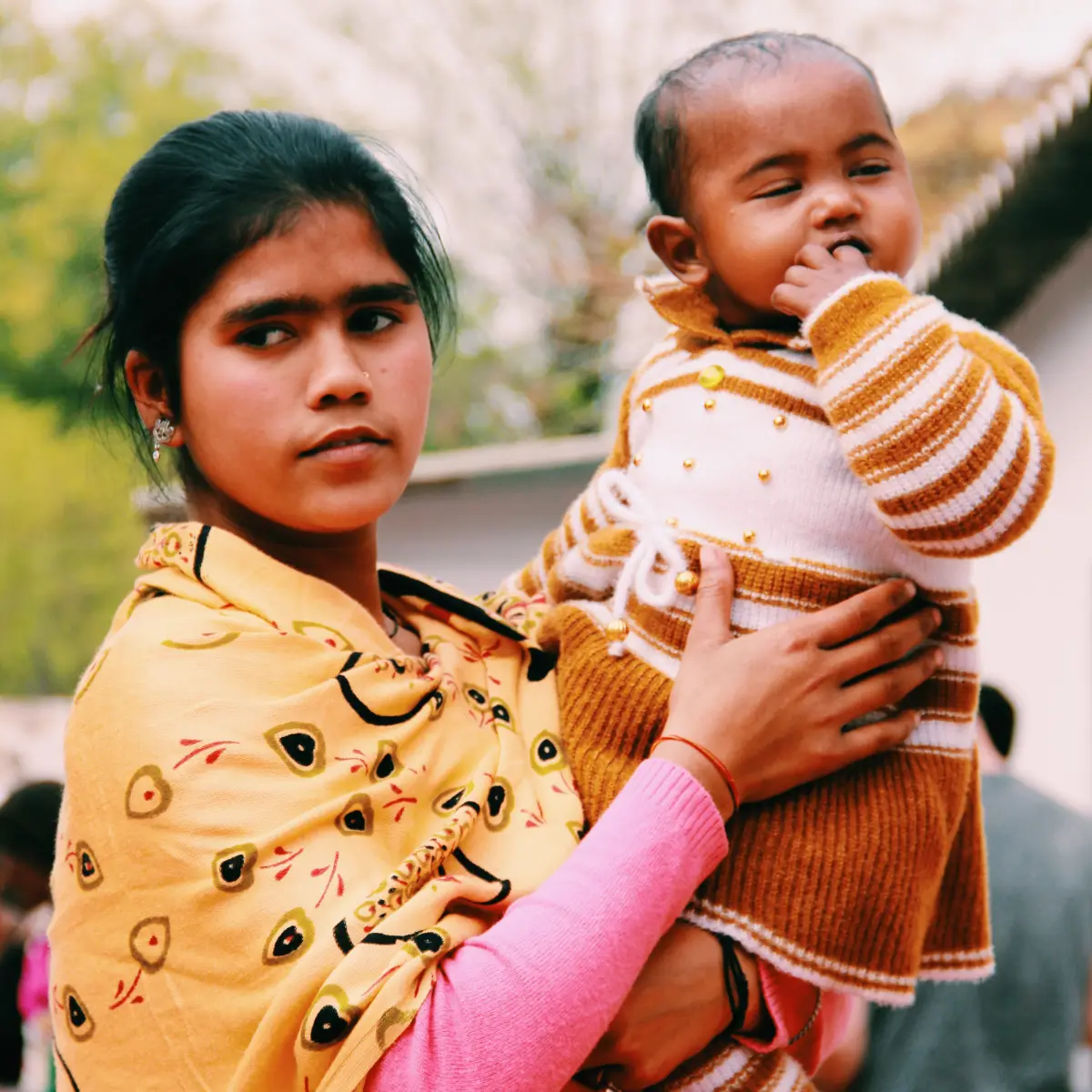The Future of Maternal Health

Within the foreseeable future, there will be several stages of development for maternal health, which will bring unique opportunities to improve maternal and child health (MCH). However, in order to fully realize the potential of scientific progress in public health, future MCH research must become more collaborative, universal, and accurate. For example, equal access to maternal and child health care is important across all races, ethnicities, and cultural backgrounds. However, there are several inevitable impacts of maternal health care that are difficult to eliminate, such as climate change.
The question is the following: what impacts does climate change have on expecting parents? For starters, it increases the risk of preterm birth, pregnancy-related problems, and poor maternal mental health. There are a range of climate risk factors that directly affect maternal health, including extreme heat, air pollution, flooding, and hurricanes. Extreme heat, in particular, can lead to congenital heart defects and stillbirth, which in turn decrease the maternal health statistical rate of care.
The maternal health crisis in the United States emphasizes the dangers that climate change brings to pregnant and postpartum women. The United States has one of the highest maternal mortality rates among developed countries, and black pregnant and postpartum women are three times more likely to die from pregnancy-related problems than white women. In fact, Rep. Lauren Underwood has highlighted these problems by presenting the Protecting Moms and Babies Against Climate Change Act earlier this year as part of the Black Maternal Health Momnibus Act of 2021.
Several studies with the BIPOC (Black, Indigenous, People of Color) community have indicated that doctors prefer to work with white patients as they are more “cooperative,” rather than any patient of color when it comes to maternal and even regular healthcare. For example, if a white patient is inquiring about a pregnancy, statistics convey that they would more likely have a better experience throughout this process than a person of color. These findings highlight the serious impact of prejudice within the healthcare system in the United States and further contribute to the disparities in quality of healthcare on the basis of race.
In the United States, approximately 700 women die each year as a result of pregnancy or delivery complications (with 60,000 “near-miss” deaths each year); in addition, the number of reported pregnancy-related deaths has increased from 7.2 deaths per 100,000 births in 1987 to 16.9 deaths per 100,000 births in 2016. While the future holds several challenges in maternal healthcare development, there is a strong potential to provide excellent services to mothers without consideration of their circumstances or identity.
Sources:
https://www.instyle.com/beauty/health-fitness/virtual-prenatal-postpartum-care-maternal-health-crisis/
https://doi.org/10.1007/s10995-018-2643-6
https://doi.org/10.1097/jpn.0000000000000365